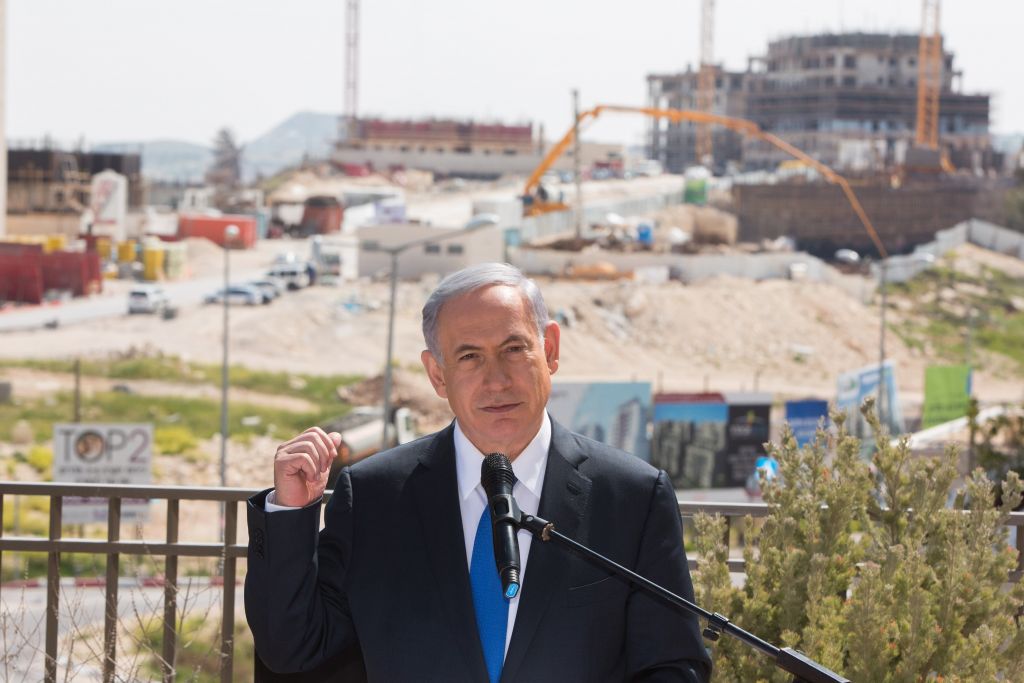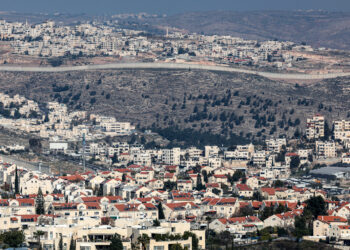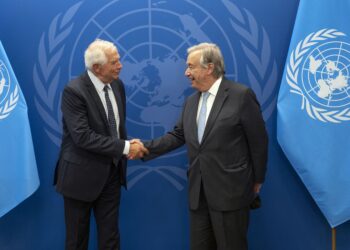Brussels – It has been two months since the EU High Representative for Foreign Affairs, Josep Borrell, announced his intention to propose a framework of sanctions for Israeli settlers who are guilty of acts of violence against Palestinian communities in the occupied territories. Between words and actions, however, there are 27 governments with differing positions toward Israel. “The discussion advances in the right direction,” said a senior EU official. Germany has reportedly been convinced as well, but the one who doesn’t want to hear about it is once again Viktor Orban’s Hungary.
The issue was raised today (Feb. 8) by the diplomatic corps of the member countries to the Maghreb/Mashreq (MaMa) Working Group, a body that deals, as part of the Common Foreign and Security Policy (CFSP), with Algeria, Egypt, Israel, Jordan, Lebanon, Libya, Morocco, Western Sahara, the Palestinian Authority, Syria, and Tunisia. Coordinating the works is the Belgian presidency of the EU Council, which has never hidden its desire to impose restrictive measures on extremist Israeli settlers.

Already in early December, Belgium, Spain, Ireland, and Malta had signed a joint letter supporting Borrell’s proposal. Gradually, the number of EU countries convinced of the need to send a strong message to Tel Aviv—which continues to encourage illegal settlements—increased. France was immediately open to the possibility and the Italian Foreign Minister, Antonio Tajani, although reluctantly, declared that after the implementation of more sanctions against Hamas, the Israeli settlers could also be discussed.
This was, informally, the idea agreed upon by the 27 countries: first, the iron fist against the group considered a terrorist organization, and then a sharper stance on extremist settler violence in the West Bank and East Jerusalem. Violence that did not begin as a result of the Hamas terrorist attack, suffice it to say that from 2009 to the present—according to data of the UN Ocha-Opt—settlers have destroyed at least 10,452 Palestinian properties.
But after October 7, the average number of attacks on Palestinian communities increased significantly: from 21 weekly incidents recorded between January and September 2023 to 36 after October 7. In these attacks, 12 Palestinians were killed and 117 were wounded. Not counting operations by the Israeli army, which is a full-fledged occupation force in the West Bank, which since October 7 have claimed 365 Palestinian lives and injured 4,288.

Israel’s prime minister, Benjamin Netanyahu, unveils a new plan to expand settlements in 2017
Meanwhile, in mid-December, Benjamin Netanyahu’s government even approved the further construction of 1,700 housing units in East Jerusalem, in defiance of countless condemnations—and UN resolutions—describing Israeli settlements as illegal under international law and calling for the restoration of the 1967 borders. It is paradoxical to support the revival of the two-state solution, which is precisely based on those borders, and continue to turn a blind eye to Israel’s deliberate violations.
All the more so at a time when the United States, Tel Aviv’s staunchest ally in the Gaza conflict, has already imposed an entry ban into the country and a freeze on funds for four Israeli settlers. “There is no definite date” for the EU to finally raise its voice as well, diplomatic sources admit. But if even the countries most historically close to Israel, such as Germany, or the Czech Republic, have jumped on the train, it may not take much longer.
English version by the Translation Service of Withub
![Neve Daniel, uno degli insediamenti israeliani in Cisgiordania [foto: Wikimedia Commons]](https://www.eunews.it/wp-content/uploads/2024/01/Neve_Danyal_entrance-350x250.jpg)






